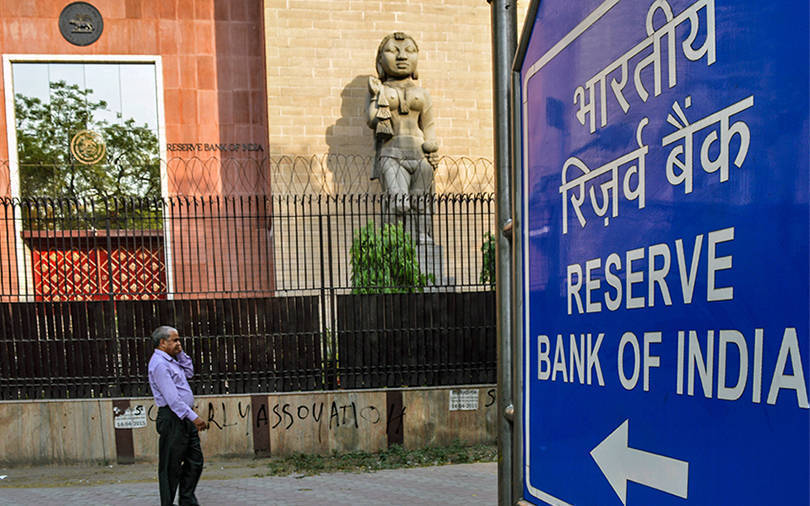
RBI brings out policy paper to encourage new payment system operators


In a bid to encourage competition among payment platforms and reduce the risk of concentration among a few players, the Reserve Bank of India on Monday released a policy paper, which authorised a new retail payment system.
The policy paper, which was supposed to be opened for public consultation in September 2018, classifies multiple payment system operators on the basis of the number of operators and type of payment services.
The policy paper has sought suggestions to encourage the development of pan-India payment services. It also questions the role of the National Payments Corporation of India (NPCI), a not-for-profit body which has become the de facto gatekeeper for non-bank entities to reach out to the banks.

“NPCI has become an organisation which is pivotal to the operations of many of the critical retail payment systems of the country with concentration of many tasks. In October 2018, NPCI processed nearly 48% of the retail electronic payment transactions (excluding paper) in volume aggregating to 15% of value of retail electronic payment transactions,” the policy paper stated. It added that the concentration of payment system operations within the same entity has its own advantages in standardisation and economies of scale, as well as disadvantages including systemic and operational risks, inefficiencies and lack of innovation as well as monopolistic trends.
Akash Gehani, co-founder at payment gateway company Instamojo, said that distinction between product body and policy body are essential. “The uptake of some of the products takes time, such as Unified Payments Interface and RuPay. What the RBI can do is to loosen the hold of banks on some of the things for innovation by smaller companies,” added Gehani.

“Increased adoption of payment systems and increase in the penetration of online payment services has led to a corresponding rise in cybersecurity risks. This merits a wider stakeholder consultation between the central bank, industry and government for a conducive framework for standardisation and better governance,” said Kaushal Mahan, lead of technology practice at research and public policy consulting firm Chase India.
In April 2018, the RBI had given a directive for mandatory storage of payments-related data in India citing privacy concerns.
While competition and innovative ideas will benefit retail payments, it will be key to address the monopoly of the NPCI for some products. “It will have to be seen how stakeholders react considering the high levels of stress due to an extremely competitive market. New entrants will further have to compete with the wide array of products already developed and offered by NPCI, which has already scaled due to a first-mover advantage,” said Uddyam Mukherjee, counsel at law firm Verus Advocates who is an adviser to Prepaid Payment Instrument Issuers on several regulatory issues.

He added that the proposal to create a phased approach for new entrants and reducing the minimum net-worth requirement for payment system operators according to the policy paper will help create a conducive environment for new entrants.
The RBI has given time till 20 February 2019 for stakeholders and the public to respond to the paper.
